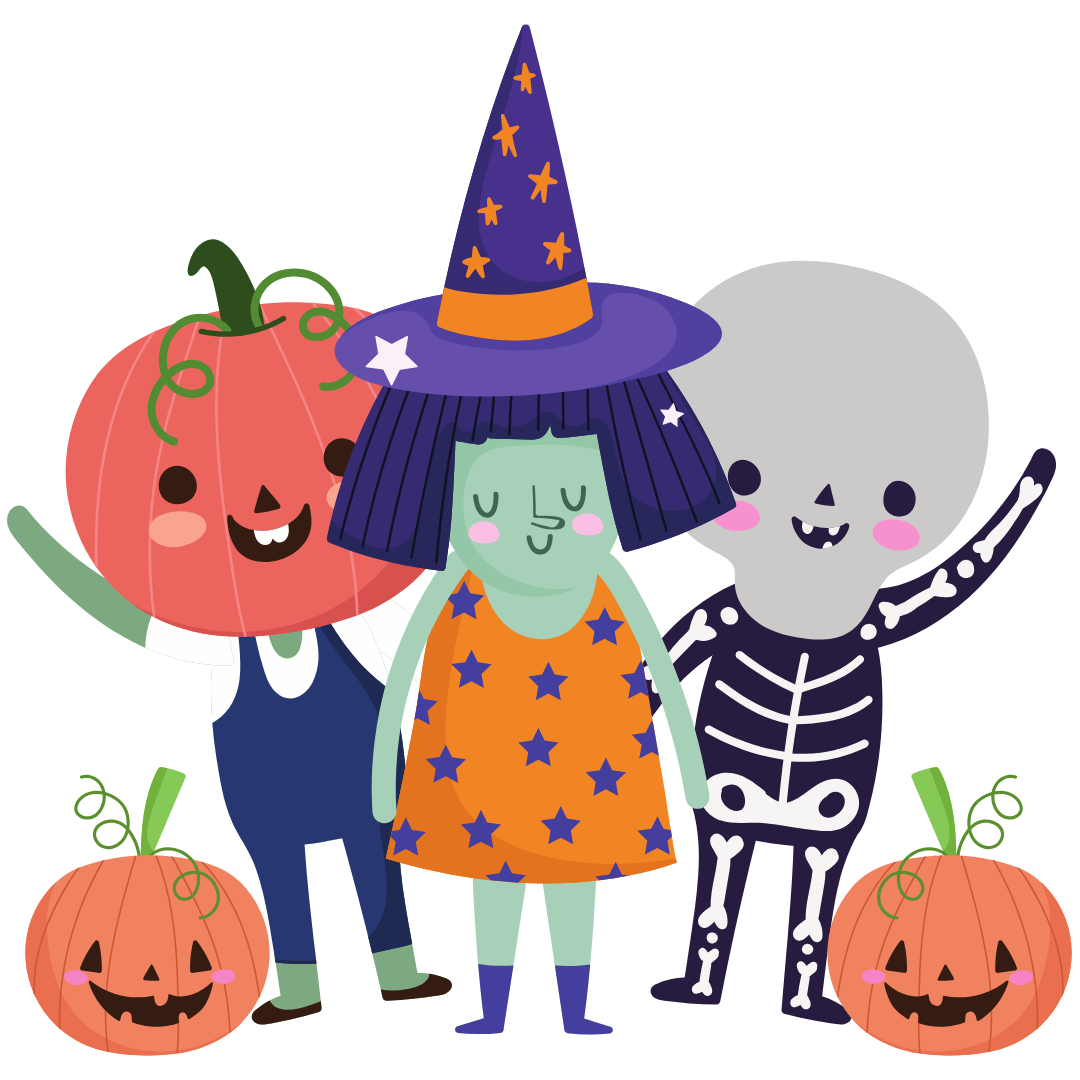

Halloween in Germany is becoming more and more popular, especially among children and teenagers. On October 31st, chilren dress up as ghosts, witches, or monsters and go from house to house saying, “Süßes oder Saures!” (“Trick or treat!”) to collect sweets. Shops sell decorated pumpkins and spooky decorations, and some schools or communities organise parties. However, Halloween is not an old German tradition as it has mostly been influenced by American culture. The next day, on November 1st, some families celebrate Allerheiligen (All Saints’ Day) by visiting cemeteries and placing flowers on graves.
Primary and Secondary Resources
Primary and Secondary Resources
Spooky Words Printable Sheets:
With this vocabulary, you can introduce your students to this cultural event! Divide your class into small groups and let them study and test each other on the vocabulary to familiarise themselves with the topic.
Spooky Words Printable Sheets:
With this vocabulary, you can introduce your students to this cultural event! Divide your class into small groups and let them study and test each other on the vocabulary to familiarise themselves with the topic.
Primary Resources
Primary Resources
Skeleton Dress up:
Grab the coloured pens and get your students working on this fun Halloween worksheet, you could even award the student with the best dressed skeleton!
Skeleton Dress up:
Grab the coloured pens and get your students working on this fun Halloween worksheet, you could even award the student with the best dressed skeleton!
Secondary Resources
Secondary Resources
Read Aloud:
Following the Edexcel GCSE’s new reading aloud task, we have created a resource based on Allerheiligen. In pairs, your students can read aloud the short text, looking out for pronunciation errors and fluency. Then their partner will ask them the thematic questions underneath.
Read Aloud:
Following the Edexcel GCSE’s new reading aloud task, we have created a resource based on Allerheiligen. In pairs, your students can read aloud the short text, looking out for pronunciation errors and fluency. Then their partner will ask them the thematic questions underneath.